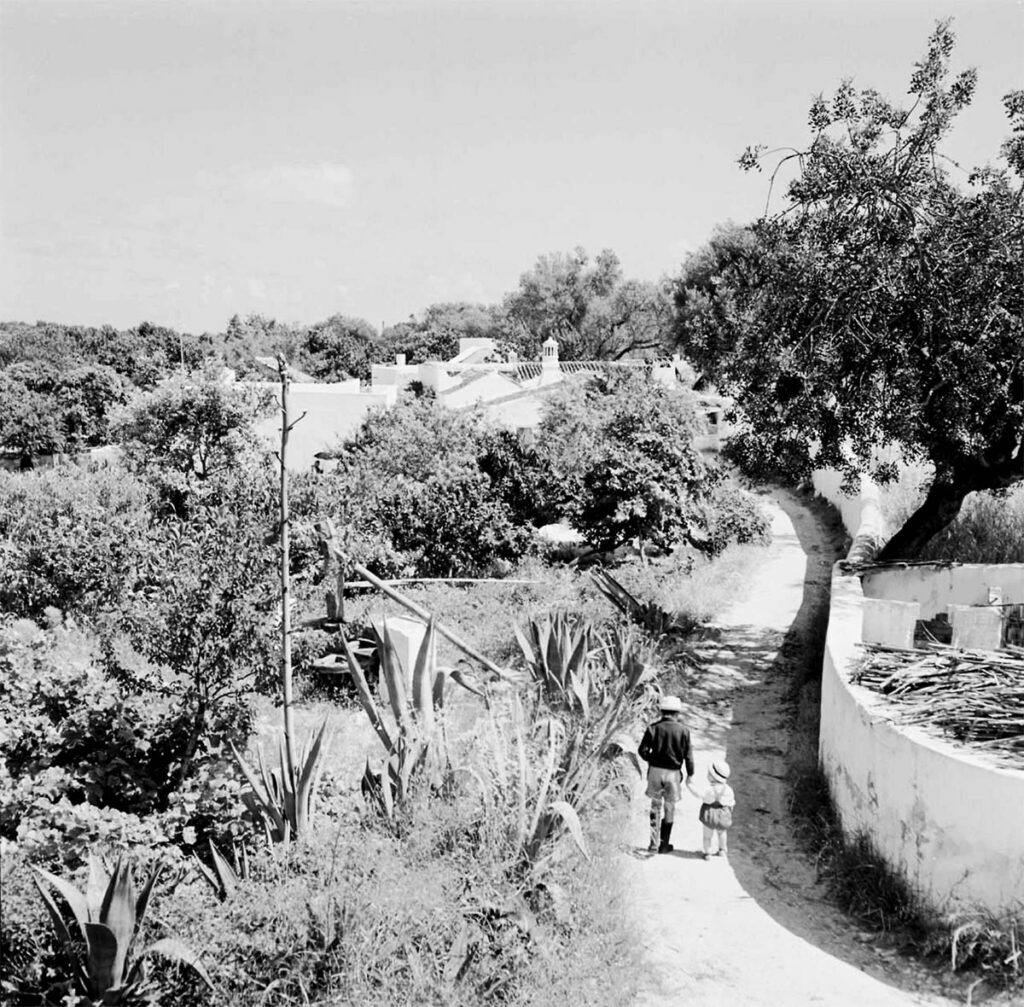From the global. We live in gray times. The present appears bleak and the future uncertain. One microscopic bug it propagated at the speed of light and, suddenly, we have the world turned inside out, reminding us that we live in a “Risk Society” (*Ulrich Beck) in which everything and everyone is connected in a world-system, where Local indelibly affects Global and vice versa.
Today, the pillars of our society – social, cultural, political, environmental and economic – shake. It is in these last two that I will stop.
From local activism. I write, reflect and act in accordance with the ethical-environmental values that I defend, exercising my active citizenship in informal groups and civic and environmental associations. I do this not only as an Algarvean who loves and defends his land, but also as a citizen of the world, who wants it to be sustainable for his and other generations to come. It is, for all this and more, that I embrace the cause(s) of Glocal-Faro.
From the traditional dryland orchard. After this brief preamble, and focusing on the economy of the Algarve, I had been reading for days “The Economic Algarve During the XNUMXth Century”, by Joaquim Romero Magalhães, editions South, Sun and Salt, when I stop at a passage in which the author talks about the mixed rainfed orchard, the year of grace was 1522.
This very old practice consisted in the production of several species of fruit trees in intercropping: “[…] the barrocal and the plain of the edge of the sea are covered with a «sort of dryland orchards» of olive, fig, almond, carob trees , which stops when it finds the first schist of the mountain […].”
In addition to contributing to the feeding of people and animals on the farms at the time, these crops provided products for sale, being an important source of income for farmers. These species, all of them Mediterranean, were present in about 50% of the territory.
This area is also the one where, since the mid-twentieth century, irrigation cultures have developed, in addition to being also the sub-region where the main urban centers are located and hotels and tourist villages proliferated wildly and savagely, particularly in the Coast.
This competition for space culminated in the abrupt regression of the area previously occupied by the traditional dryland orchard.
For decades, millions of euros, coming from community funds, were applied and contributed to finance intensive monocultures in the Algarve, whether in Agriculture or Tourism. The first, based on citrus and, more recently, on unsustainable tropical fruits, and the second, on the long-worn “sun & beach” binomial.
We are now reaping, at the height of a global pandemic, the bitter fruits of this repeated strategy ad nauseam, which was to put all the eggs in one basket.
Diversification and long-term planning? Zero. Union, communication, concertation between producers, creation of local, fundamental and structuring networks for the region? Little or nothing. It seems that something like this will finally happen, in the year of (dis)grace 2021. I wonder: we really had to wait for a pandemic and successive confinements, which caused a growing demand for fresh local products, to speed up this process ?
These are the fruits of the immeasurable ambition of a handful of landlords – and of so many other hoteliers and “wild ducks” – without worldview but with a lot of “chico-smartness”, as well as the short views and immediate and popular measures of some caciques of the local authorities, which have governed more thinking about the votes of the following elections, than about the well-being of the population and the long-term sustainability of the region and, of course, with the due approval and connivance of CCDRs, initially, and even today of APAs and DRAPs.
From the avocado. Having said that, and coming back to the present, it is important to remember that we are still in the aftermath of public participation, which included several environmental associations that contested an intensive exploitation of avocados, of 128 hectares, in the area of Barão de S. João, Lagos, a challenge that Glocal also signed. The plantation in question has been approved and is defended, unsurprisingly, by DRAP Algarve.
Well, this week, I read on a social network a publication by the Algarve Regional Director for Agriculture and Fisheries, in which he praised the characteristics of the mixed dryland orchard, discussing its importance in the Algarve's landscape and economy, announcing for soon a project on this treadmill. Yes, we are talking about the same gentleman who defends intensive avocados.
It is, therefore, in a context of severe drought, of bastardized, monocultural and intensive landscapes, of contradictory political-economic options that are in counter-cycle with the 2030 Agenda and disrespectful to future environmental and generational sustainability, which now propose to us the return of one of the icons of the Algarve's cultural landscape.
As for us, we are extremely happy to hear this song, as we believe it is essential to preserve the heritage of the landscape, knowledge and regional culture, preferably if such designs have commercial and financial viability and impact.
Therefore, we hope that this is not just another investment in cosmetics and picturesque tourism, which will not create deep roots or bear consistent fruit, just “for the English to see”, to shop around some almond or olive trees and make some carob groves. with the traditional marafados, to get rid of the “sun and beach” holidays. That would be so very typical.
Author: Raquel Ponte is a sociologist and member of Glocal-Faro
glocalfaro@ Gmail.com
https://www.facebook.com/glocal.faro/
Help us to do the Sul Informação!
Contribute your donation so that we can continue to make your journal!
Click here to support us (Paypal)
Or use our IBAN PT50 0018 0003 38929600020 44



















Comments